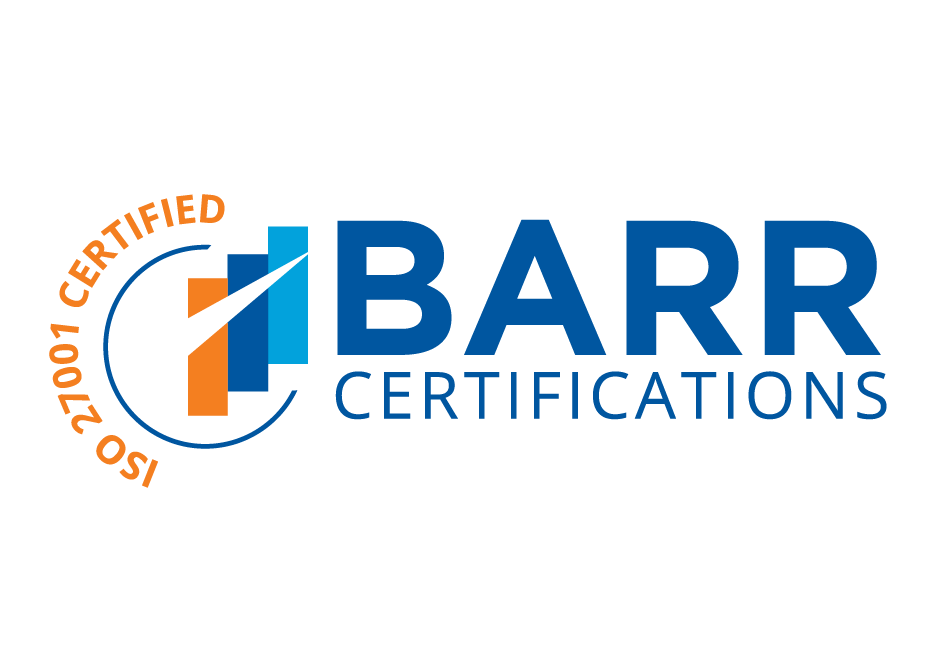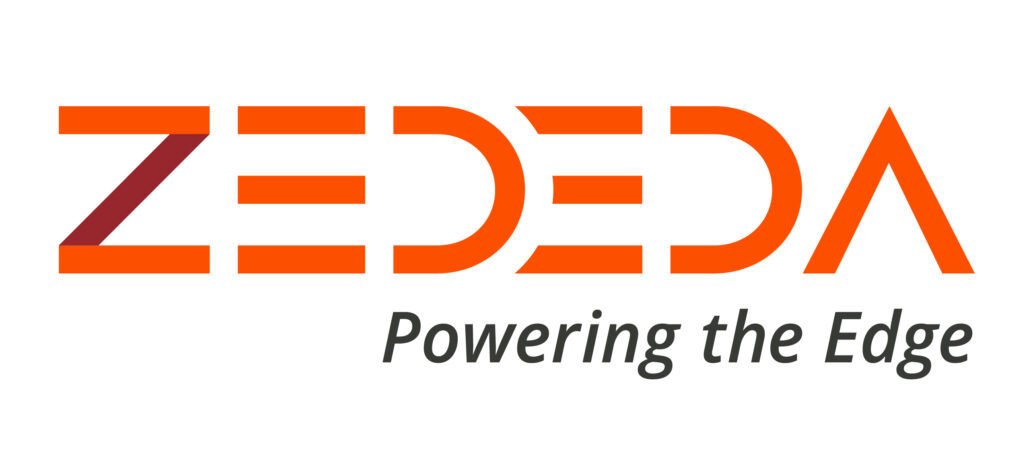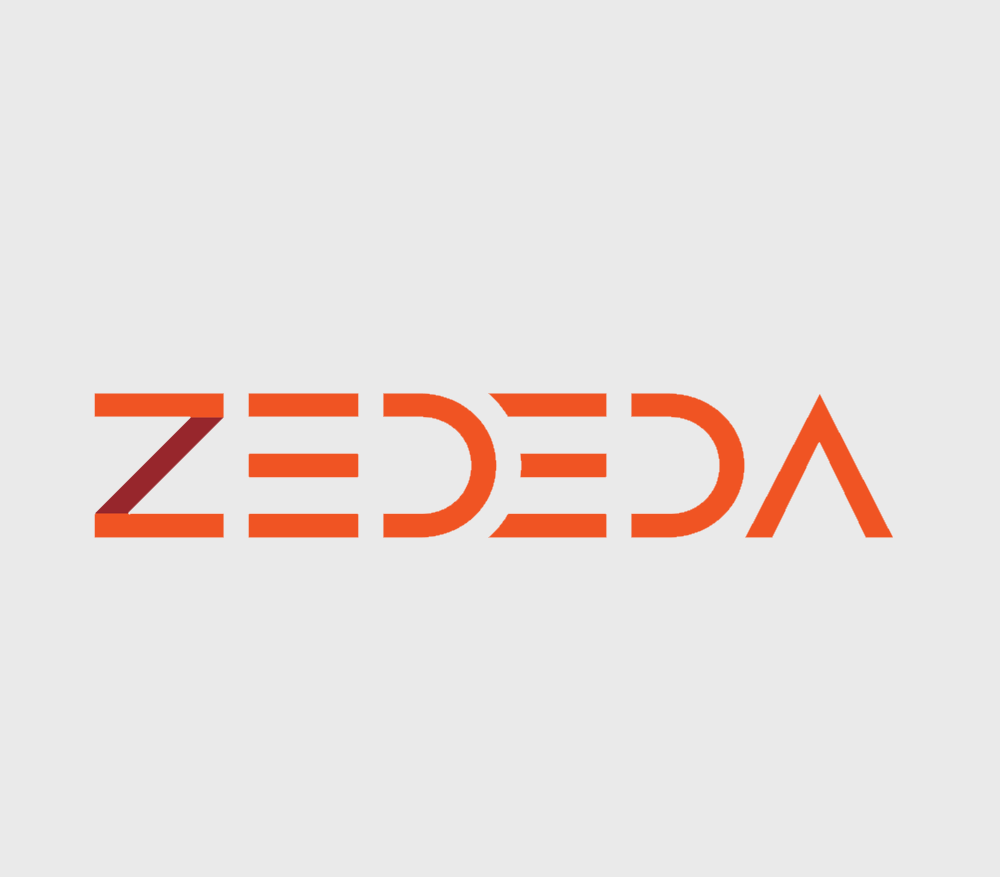As we look forward to this year’s ZEDEDA Transform event on August 18 and 19, we’re reflecting back on some of the great discussions from last year’s inaugural event. One topic that generated a lot of interest was a session with featured speakers from Rockwell Automation and Microsoft discussing building an open and intelligent industrial edge.
The global pandemic has pushed all types of businesses toward digital transformation, and the manufacturing industry is no exception. Manufacturers have been increasingly seeking solutions that accelerate intelligent process automation, support remote access and collaboration and facilitate risk assessment in supply chains.
Edge and IoT solutions bridge the physical and digital worlds and help people both increase efficiency and safety in times like these. These tools are being used inside factories and out in the field, where remote monitoring and orchestration of physical processes cuts down on the need for people to risk their health on site visits.
At ZEDEDA Transform 2020, Nithiyakumar Parameswaran, Enterprise Analytics Leader, Software & Architecture, at Rockwell Automation and Diego Tamburini, Principal Industry Lead at Microsoft discussed how edge and IoT solutions are driving intelligent manufacturing and dug into various use cases to show how leading manufacturers are putting these technologies to use today.
Parameswaran opened by pointing out that while the industry understands the necessity of digitally transforming to remain competitive, only 5-8% of industrial process manufacturers are completely ready for digital transformation, according to stats from ARC Advisory Group and Industry Week. A great many others (80-85%) are piloting advanced technology, but many agree that it’s difficult to know where to begin.
To begin with, many of the systems involved are aging. Some 78% of operating control systems are over 10 years old. And the data coming from these disparate systems are not always structured. So companies are facing the challenge of integrating data from these different systems to uncover meaningful insights and leveraging those technologies to do some advanced analytics.
“Those types of analytics can range from descriptive (What plant performed the best?) to diagnostic (Why is Site A operating below plan?),” Parameswaran said, “From there, we move to predictive (Will I meet plan today? How about tomorrow?) and prescriptive (How can I change operations to improve profitability, yield or quality?) That creates a lot to manage with industrial analytics. Wranging a high volume of information from disparate systems to deliver actionable insights in real-time and leverage deep process and domain expertise is a high bar to clear.”
Rockwell has taken a full-stack approach to solving that problem, Parameswaran said. The common thread is the information, but Rockwell works to make sure that information is preserved and available for different stakeholders, from data scientists to process engineers to the end users.
Parameswaran highlighted a pair of use cases that show how automation is helping customers. In the chemical industry, where sensors are often subjected to hot and harsh conditions, a faulty sensor or erroneous reading can have a direct impact on the quality of the final product. Rockwell’s LogixAI module can be trained on historical data to model the optimal temperature. When a large variance between the actual and modeled temperature is detected, the system produces an indication of a faulty reading.
“In the food and beverage industry, it’s difficult to perform a root cause analysis once a batch has been through high-speed production and perhaps the problem isn’t detected until the food is on retail shelves,” Parameswaran explained. “By collecting product data at the edge, Rockwell can build an information model and push that to data storage or IT applications for analysis.”
Tamburini talked about how Microsoft has distilled its point of view around digital transformation in manufacturing into five industry priority scenarios: transform your workforce, engage customers in new ways, create more resilient supply chains, build more agile factories, and unlock innovation and deliver new services. “Each one of those scenarios has been put into practice this year in helping customers deal with the COVID-19 pandemic,” Tamburini said.
An underlying theme during the session was that digital transformation is as much about the people as it is the technology.
“There are layers of complexities that emerge when you talk to different stakeholders, and because everyone has particular needs and priorities it’s important to approach solutions with flexibility in mind so organizations can adapt as their needs and cultures evolve,” Tamburini explained. “COVID-19 has further highlighted the importance of partnership to enable more intelligent manufacturing operations.”
Microsoft has long been a close partner with Rockwell Automation and both companies have been working with ZEDEDA’s distributed edge orchestration solution to provide customers with remote management capabilities and greater agility, flexibility and security.
ZEDEDA recently completed an integration with Microsoft Azure IoT to simplify deployment of edge intelligence at scale and their open approach provides customers with the flexibility to accommodate a diverse mix of legacy systems alongside new innovations. Together with Rockwell’s deep expertise in manufacturing, the three companies are ready to help customers accelerate the transformation of their connected operations.
Tamburini shared a quote from Microsoft CEO Satya Nadella on the importance of partnerships: “When done right, partnering grows the pie for everyone—for customers, yes, but also for each of the partners.”
—
Ready to join the conversation? ZEDEDA Transform is coming up on August 18 and 19, 2021! Register for free at www.ZEDEDA.com/transform and hear experts from across the edge and IoT landscape discuss the trends, challenges, and opportunities on topics like IoT, AI, 5G, and security. Plus, this year also includes a dedicated developer track with sessions devoted to navigating the complex hardware and software landscape at the edge, with emphasis on the importance of open source collaboration. Learn more and register for free today!




